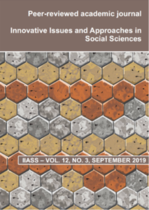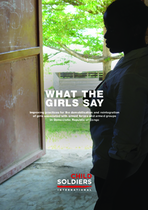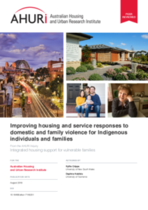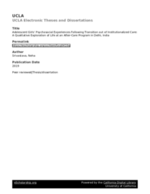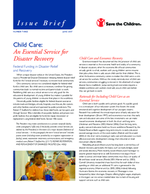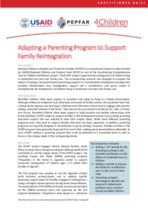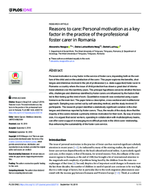The health needs of Aboriginal and Torres Strait Islander children in out‐of‐home care
The aim of this study was to document the health needs of Aboriginal and Torres Strait Islander children and adolescents in OOHC attending the paediatric service at the Victorian Aboriginal Health Service (VAHS) between February 2014 and February 2016.

